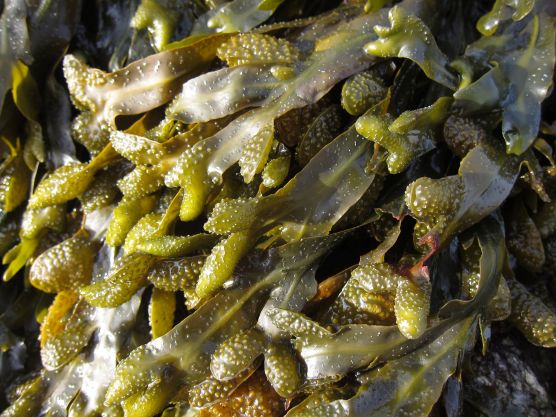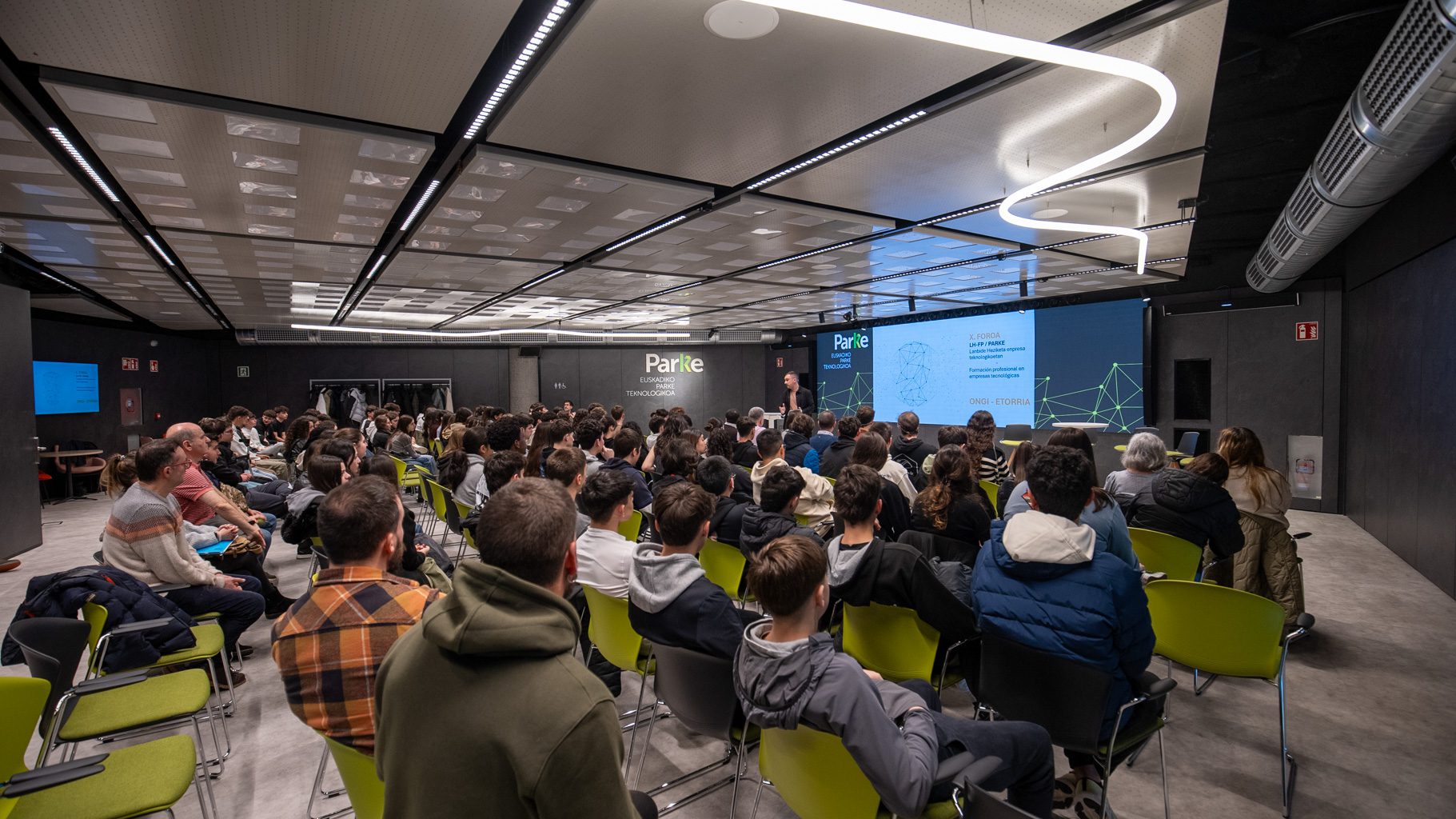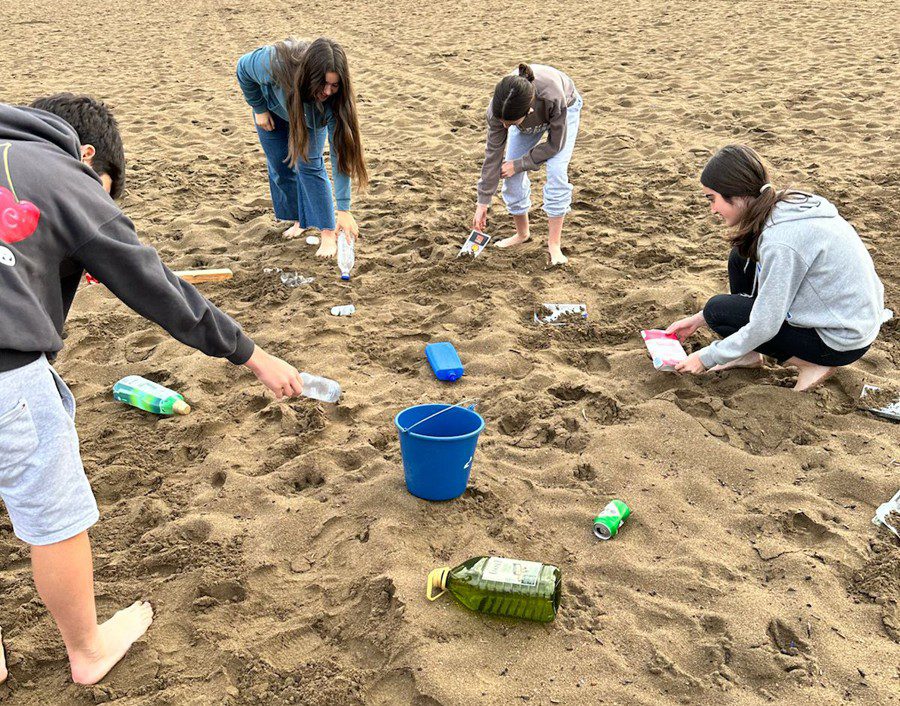Marine bacteria found to break down a key compound for the carbon cycle and global climate

A research group led by Basque centres has identified bacteria associated with brown macroalgae capable of degrading fucoidan, a complex polysaccharide essential for carbon storage in the oceans.
This discovery provides new knowledge on the carbon cycle and CO2 sequestration in marine ecosystems, as well as opening the door to innovations in biotechnology, biomedicine and biorefinery.
The research, funded by the Basque Government’s Elkartek programme, has been coordinated by the AZTI technology centre in collaboration with the IIS BIOBIZKAIA Institute and the University of the Basque Country (UPV/EHU).
Fucoidan is a complex polysaccharide present in the cell wall of brown algae, organisms widely distributed in the oceans that play a crucial role in regulating the global climate. This compound, released into the marine environment, is exceptionally resistant to bacterial decomposition, allowing the carbon sequestered by these algae through photosynthesis to be stored in the oceans for long periods. This process contributes to the reduction of carbon dioxide (CO2) in the atmosphere. However, knowledge on how marine bacteria influence the recycling of carbon from fucoidan remains limited.
A recent study published in Nature Communications has isolated two bacterial strains from the microbiome of a brown macroalga capable of degrading different types of fucoidan. This scientific breakthrough offers new insights into the role of bacterial communities in the efficiency of CO2 capture by marine ecosystems. Moreover, the discovery of the enzymes responsible for this degradation opens the door to biotechnological applications in sectors such as biomedicine and biorefining.
Impact on the carbon cycle and climate change
Underwater macroalgae forests fix significant amounts of carbon, comparable to terrestrial ecosystems such as the Amazon rainforest. According to Laura Alonso-Sáez, the researcher who coordinated this research and a member of the AZTI technology centre, ‘our work reveals that some bacteria in the macroalgae microbiome can have an impact on the amount of carbon sequestered in marine ecosystems, which has implications at a climatic level. In addition, we have been able to gain insight into the mechanisms that bacteria use to degrade one of the most complex and bioactive polysaccharides in nature, which could have implications in fields such as biotechnology and biomedicine.
The rate of microbial breakdown of fucoidan is a key factor in determining how long carbon remains stored in the oceans before returning to the atmosphere. Understanding the mechanisms behind this process is essential to improve current estimates of global carbon fluxes and more accurately predict the effects on marine ecosystems known as ‘blue carbon’.
Biotechnological applications of fucoidan and its enzymes
Fucoidan also has bioactive properties with high potential for the pharmaceutical industry, including anti-inflammatory, anti-tumour and immunomodulatory effects. However, its complex and variable chemical structure makes it difficult to establish clear relationships between its composition and its therapeutic properties. The identification of specific enzymes capable of breaking down different types of fucoidan could simplify these molecular structures, facilitating their use in medical applications.
On the other hand, these enzymes have great potential for marine biorefining. They could optimise the extraction of valuable compounds and promote the sustainable reconversion of algal biomass for different uses, such as green fertilisers, thus fostering a circular economy in the marine sector. This approach is particularly relevant to problems such as coastal invasion by non-native brown algae, such as Rugulopteryx okamurae, which negatively affects both marine habitats and economic activities related to tourism and fisheries.




